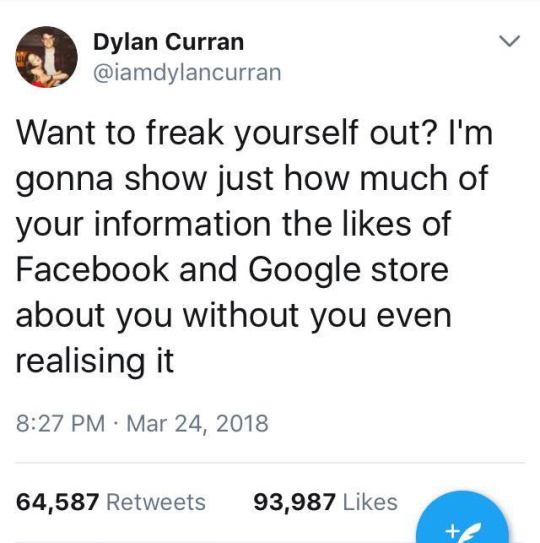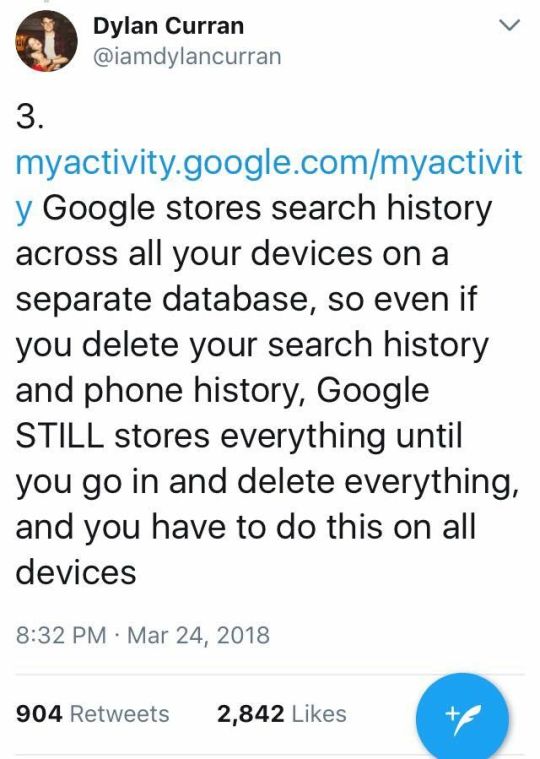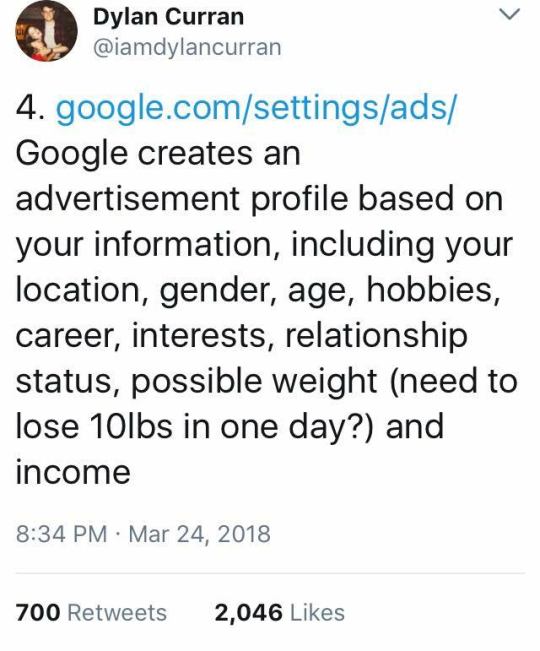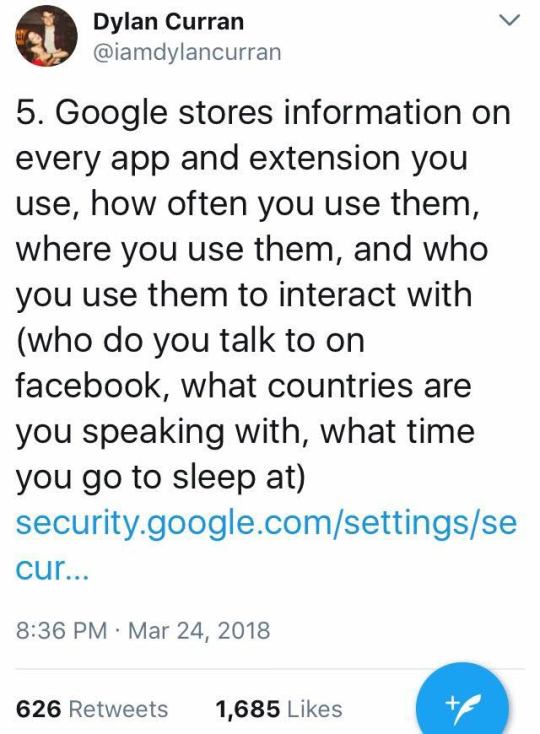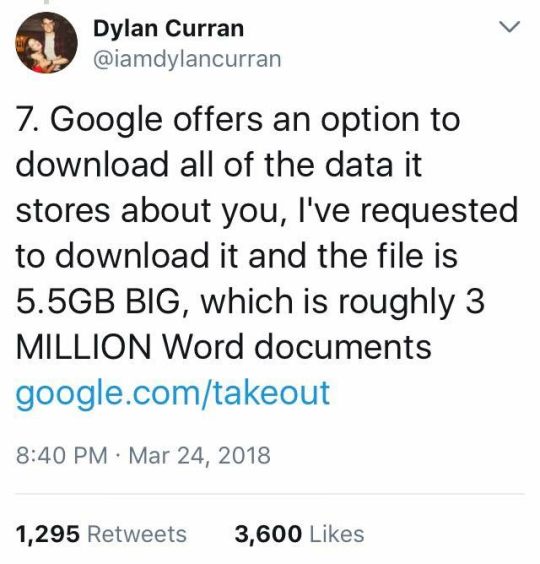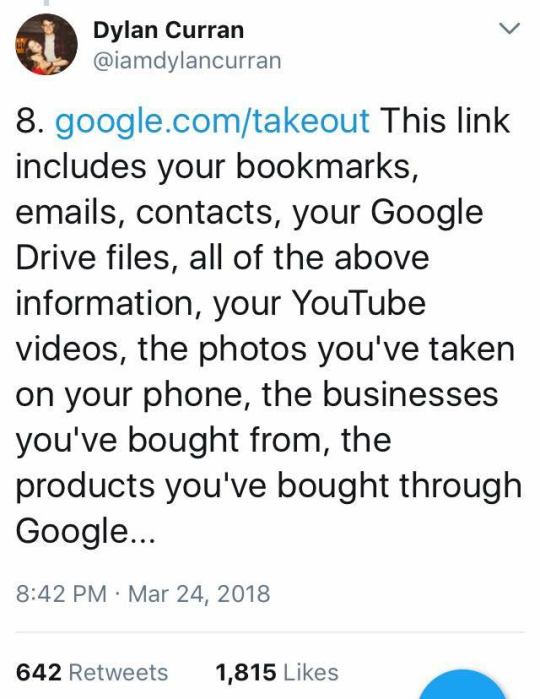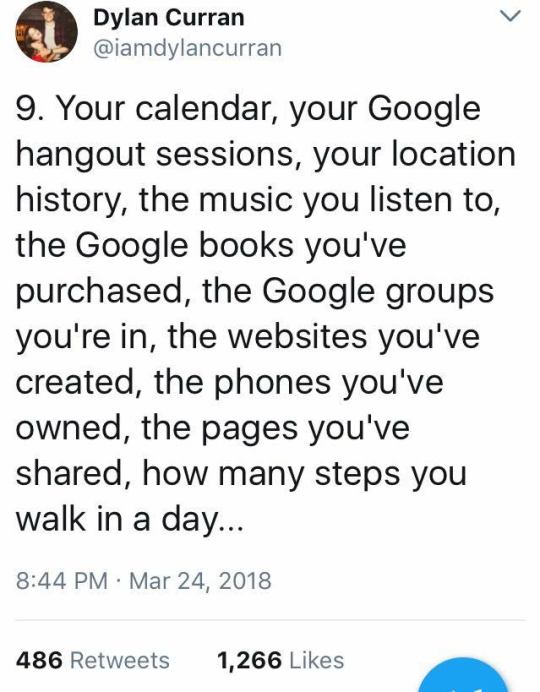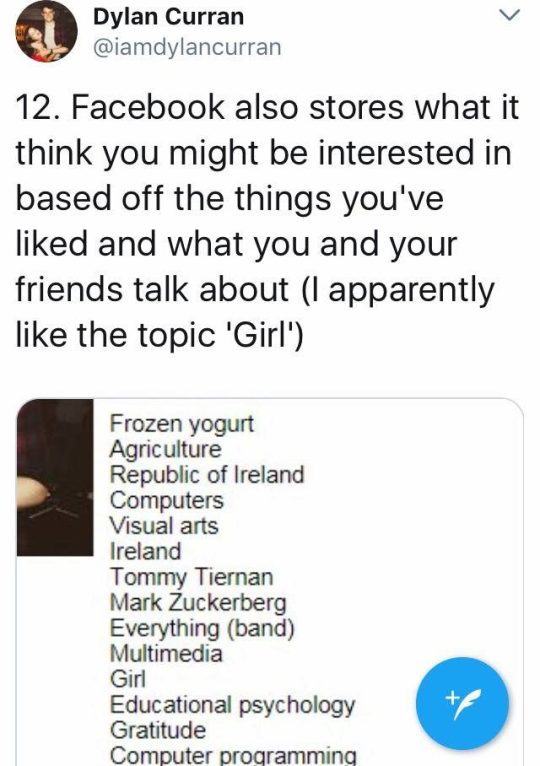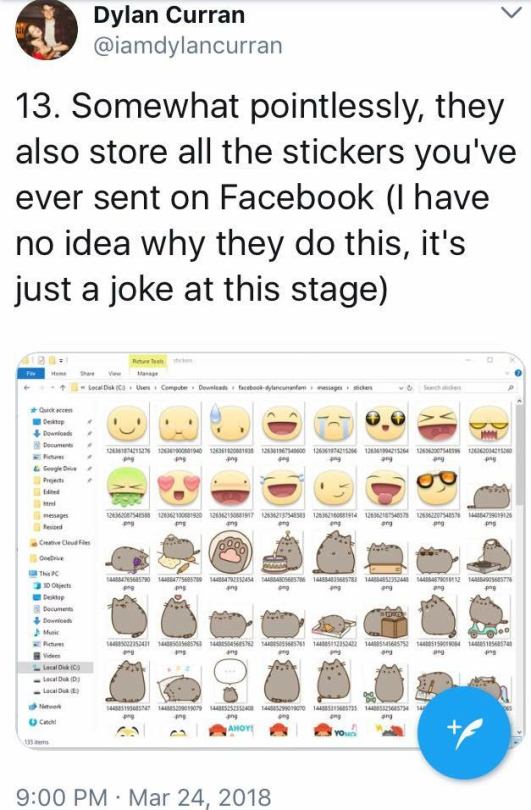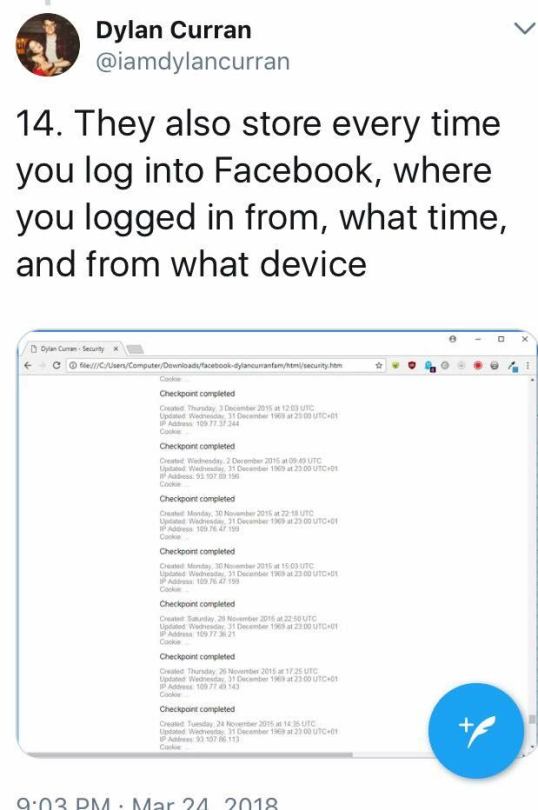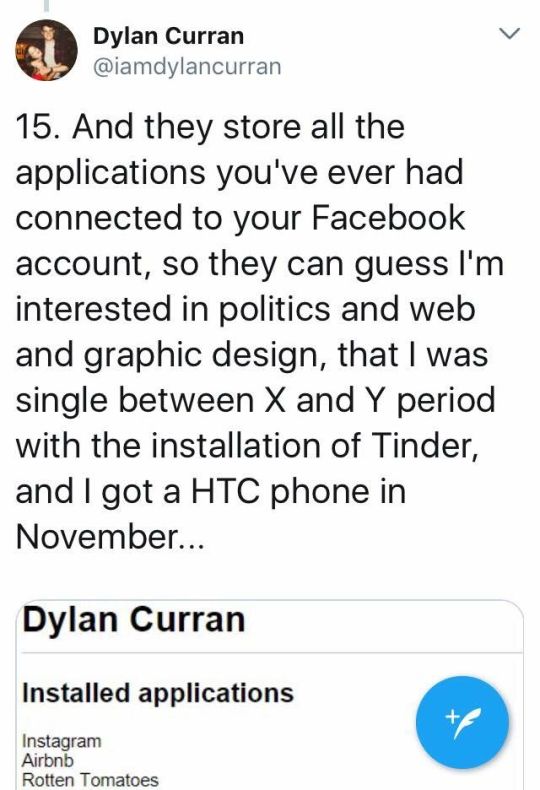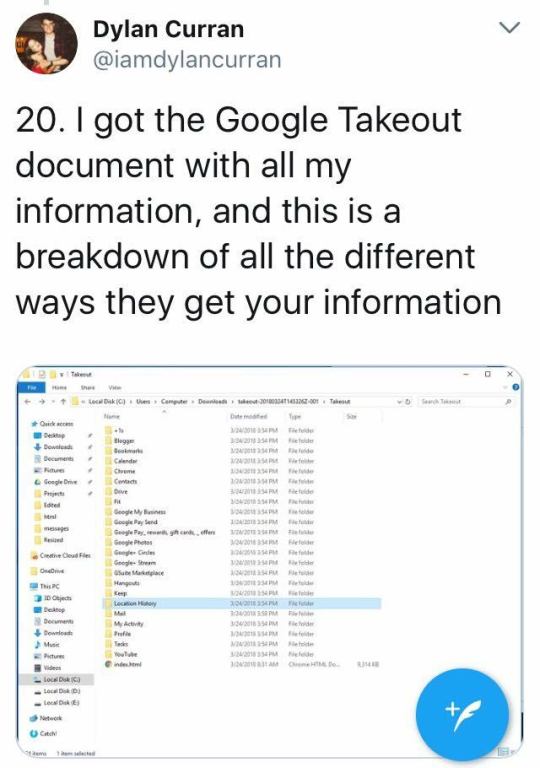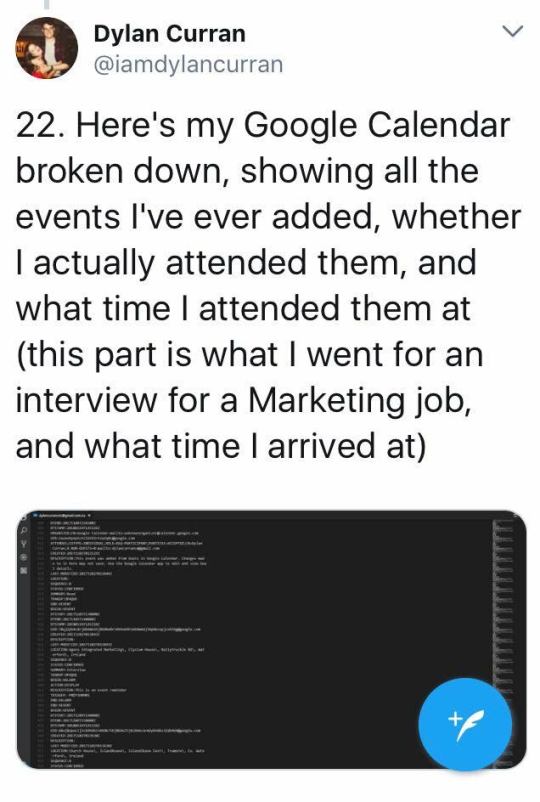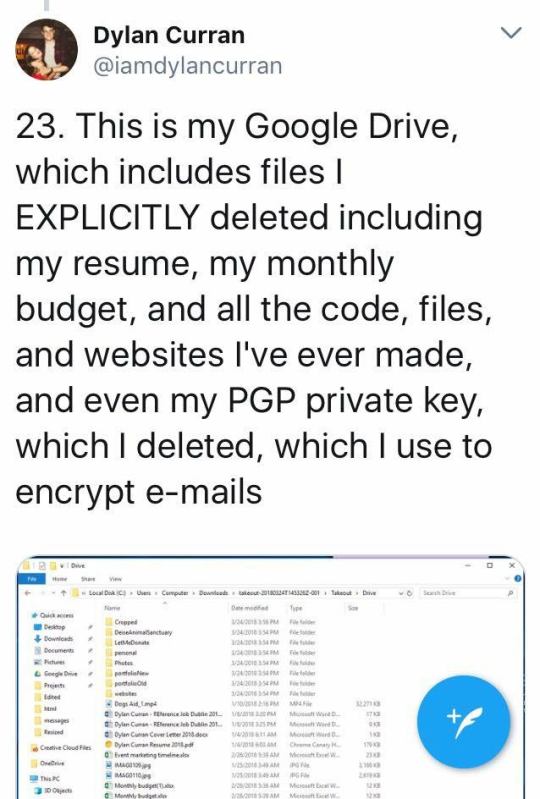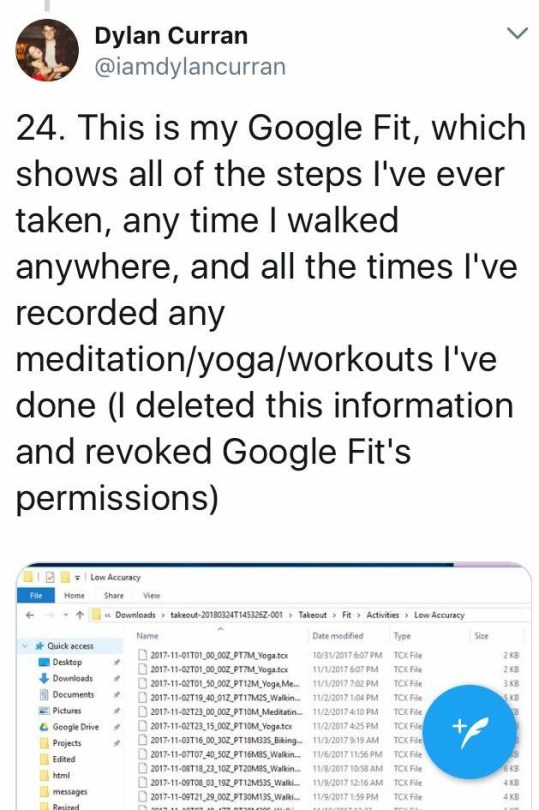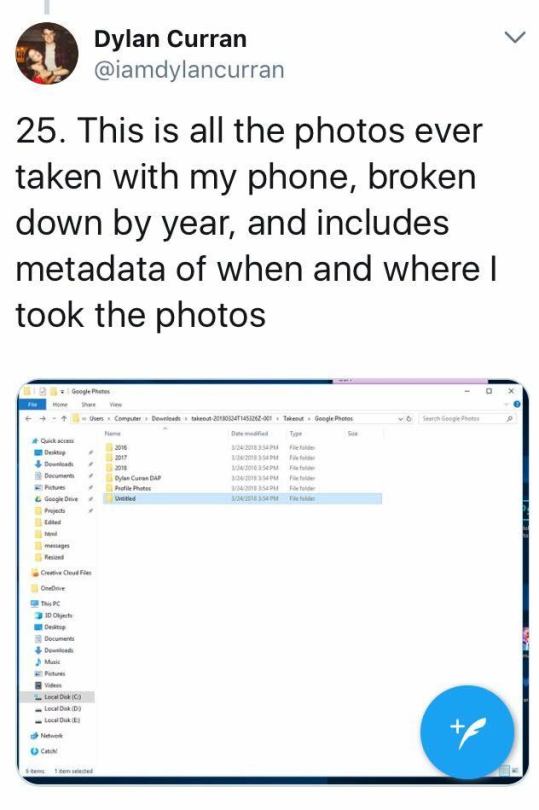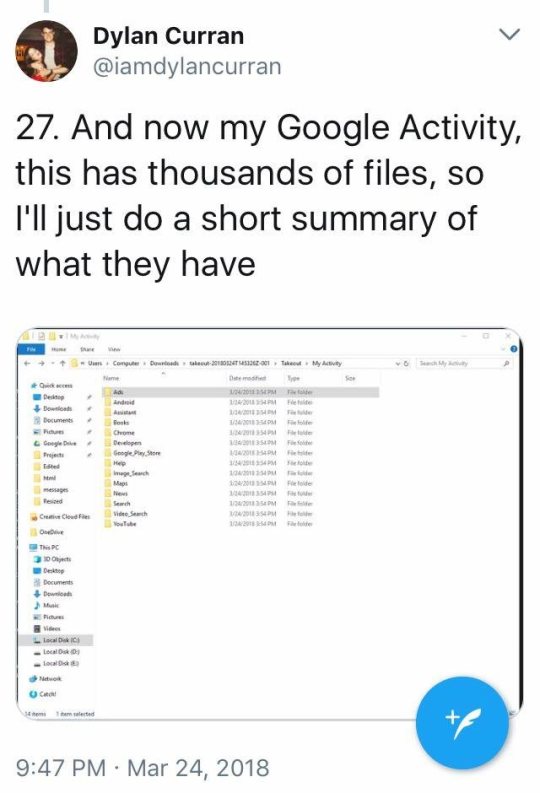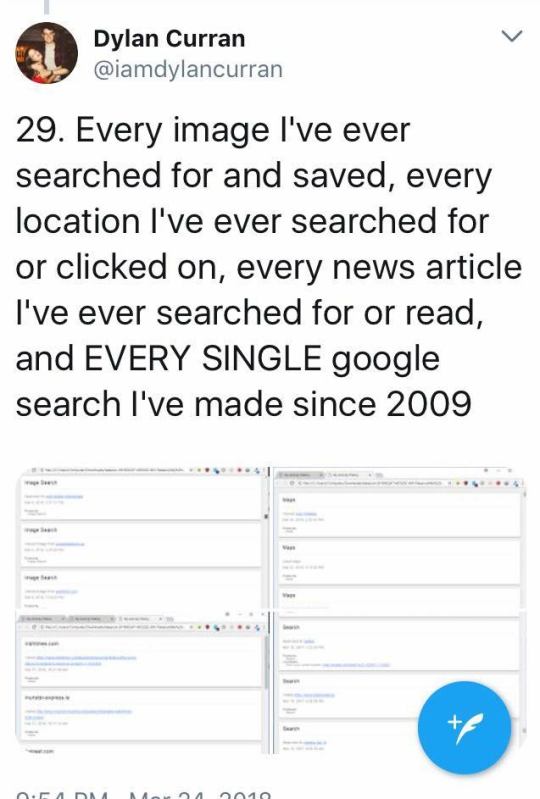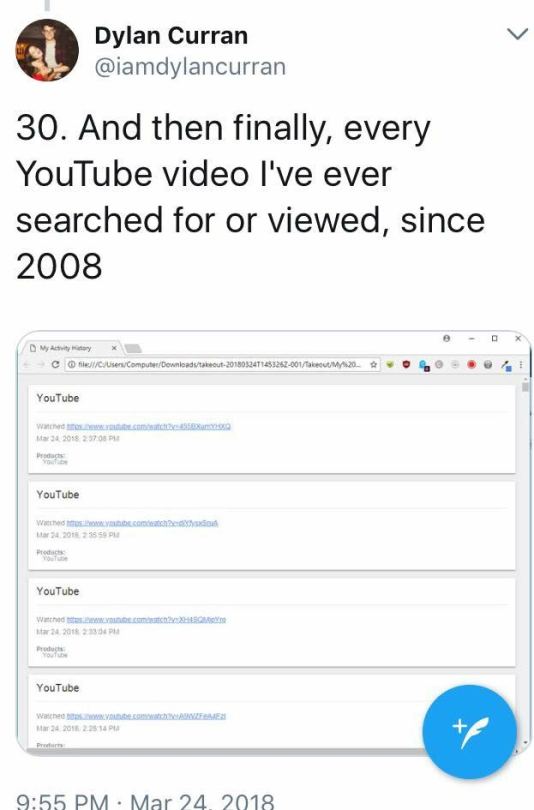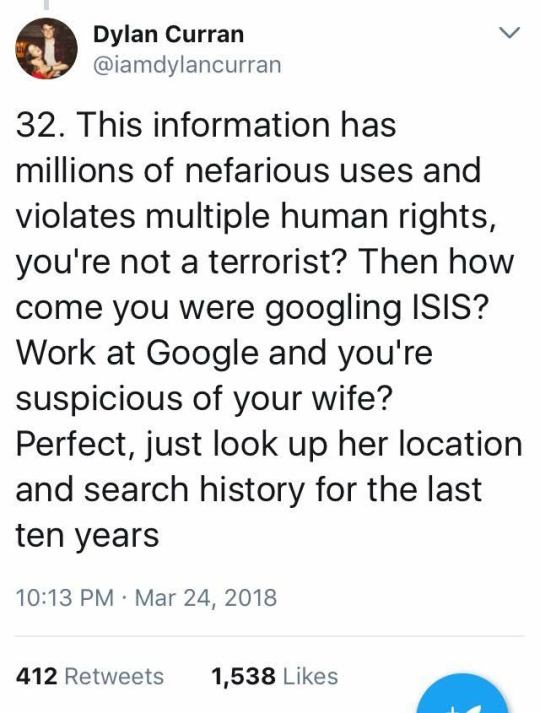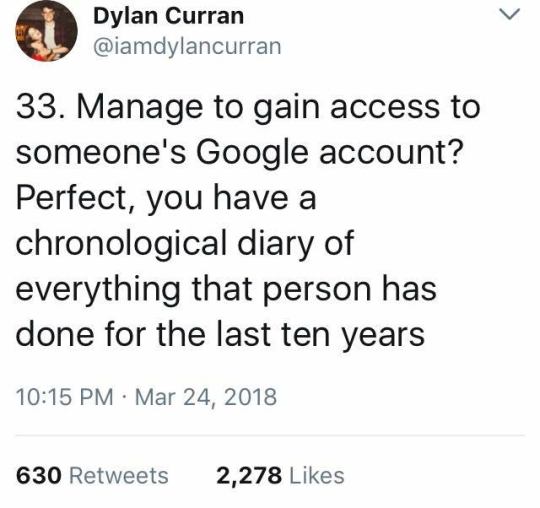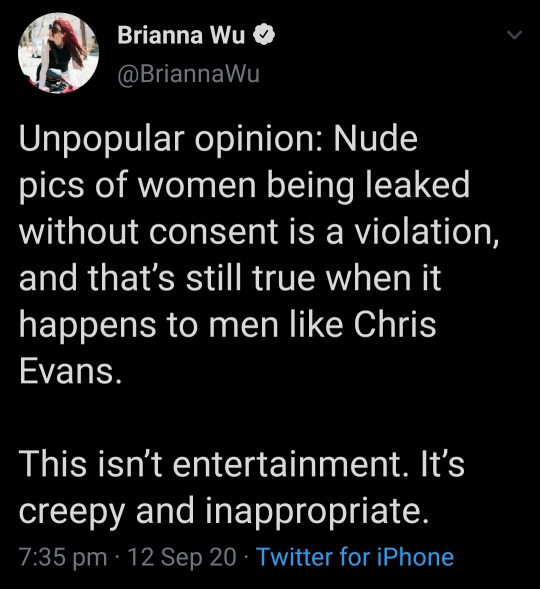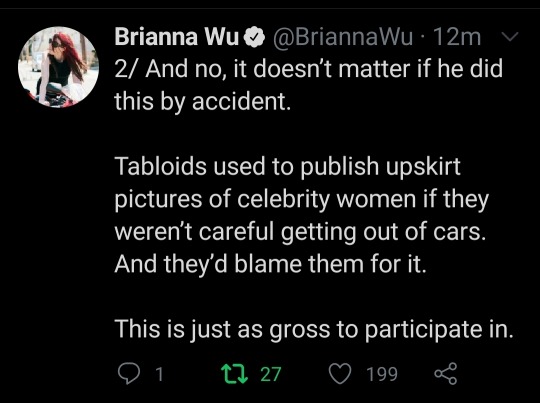Video
7K notes
·
View notes
Text
99K notes
·
View notes
Text
Writing the Perfect Query Letter
The point of a query letter is to sell your story.
Writing your query letter, your goal is to make the reader want to pick up the book. That is the entire purpose. We’ve all recommended books to friends before. It’s exactly that, except now that book is yours and the stakes are high. A query letter is, above all, persuasive. While writing your query letter, make sure you draw your reader into your story with every word.
A query letter is not a creative letter; it’s a business proposition.
Writing a query letter, don’t think of yourself as a writer, especially not of this particular story. You’ll need that degree of separation from your work for a good query. An agent/author relationship is foremost a business relationship. You’re pitching a product to someone whose job it is to sell your product (the agent) to someone whose job it is to sell your product (the editor) to someone you want to buy your product (the reader). This means that by querying your manuscript, you’re requesting a place in an industry. As such, you should follow some industry standards:
Use business letter formatting. 12 point font. Single spaced. Left alignment. No indentations. A space between paragraphs.
Don’t be familiar. This is a business letter. A formal letter. Unless you already have some sort of a relationship with the person you’re querying–if you’ve met at an event or corresponded in some other regard–write like you’re writing to a potential business associate.
Write the letter as yourself. Don’t write as your character. Don’t write as your narrator. Don’t write as the historian who discovered your story 1,000 years into the future. It’s a risk that rarely pays off. On that point…
Don’t be creative with the form of your query. Save the creativity for your manuscript. Don’t quote a section in your opening lines. Don’t include a box of chocolates with it when you mail it off. Don’t be gimmicky. If you resort to a gimmick, the agent is going to wonder if it’s because you don’t know how this works or your story isn’t strong enough to stand on it’s own. Play by the rules. Trust your story.
Keep it short. 250-400 words. Remember your goal: to get the agent to pick up the first chapter. Agents can receive hundreds of queries in a week. They don’t have time for wasted words. They won’t wait for you to get to your point. Say what you have to say as quickly as possible.
Writing Your Query:
You don’t have long to tell your story. Just a page. This means you can’t include much more than the information that is absolutely vital to your story and the querying process. I’ve outlined the information, and separated it into paragraphs. You don’t have to divide it the way I’ve set out here, but these are the general lumps of Query Stuff.
Each point I’ve bulleted should only be a sentence or two long. If your reader wants to know more, they’ll read the first chapters and request the manuscript.
The Opening Lines: The Formalities
Address the agent. As this is a business letter, start with something akin to “Dear Mr./Ms. [First Name, Last Name] or [Last Name]:” Ex. Dear Mr. Tolkien:
State your intent. In my research I’ve found this unnecessary, but if you choose to do so you can say something along the lines of: “I’m submitting for your consideration my completed novel, [TITLE].”
The First Paragraph: The Introduction
Introduce your story as cleanly as possible. It should be minimal, yet evocative. Specific to your story, but skimming the surface of it. The more set-up you give, the more complicated you’ll make things for yourself.
The set up. What was life like for the character when the story began? Where does the story take place?
The inciting incident. The “but when…” What set the ball rolling? This can be in the same sentence as the setup.
The combination of the set up and inciting incident should work as a sort of tagline.
Protagonist motivation. What does your protagonist want? What is it about the inciting incident that motivates the protagonist to action?
The Second Paragraph: The Conflict
I’ve made this a separate paragraph because shorter paragraphs make a page more inviting for a reader, but it’s your call. In this paragraph, you don’t want to summarise the entire book; you want to show your ability to weave a compelling story. It should have energy. It should tell the reader just enough to get them excited.
The rising action. What are a few key events that raise the stakes in your manuscript? Take a few sentences to lay out the most important events leading to the climax of your story.
The central conflict. What is the main obstacle your protagonist will face to achieve their goal? Lay out exactly what your protagonist’s biggest problem is.
The hook. The line or question that will make your reader want to read more. If you’d like, you can make it it’s own paragraph.
The Third Paragraph: The Details
Some people make this their first paragraph, but I’ve decided to put this after the introduction to the story. These are the formal details of your story, where it gets very Industry.
The title. You might have said it earlier, but it won’t hurt to say it again here.
The word count, genre, & age range. All necessary industry information. Round your word count to the nearest 1,000.
Comp titles. What books might this person have read that are similar to your own, either in tone/setting/story? This can give your reader a sense of the potential audience for your story. You only want to include two.
If you really want, you can choose to personalise the submission here and say why you’ve queried this particular agent. If you only want to show that you’ve done your research, you should have already gotten this point across clearly with the summary, age range, and genre. But, if you really love this agent, if you follow their blog or twitter or love some of their authors, it won’t hurt to say so.
The Fourth Paragraph: The Author
The last paragraph is usually set aside for a few short lines about yourself. This should only include information relevant to writing this manuscript. Examples of biographical details you might want to include:
Awards
Degrees
Writing conferences/workshops attended
Expertise related to the content of the book
Where you lived/have lived (if it matters)
You should be able to summarise this paragraph with: here is why you should trust me to tell this story.
You can also include a line about what you: are currently writing, enjoy writing, or have written. Let the agent get to know you as a writer and reader outside of this one story. (Especially if you don’t have many manuscript-related accolades/experience.)
The Closing Line: The Niceties
Thank the agent for taking the time to read your query. A small but important consideration.
Tips
Highlight your writing ability with narrative voice. If your story is funny, make sure your query reflects that. If the writing is lyrical, your query should be too. You don’t want to drown the agent in your writing style, but you should splash them a bit.
DON’T INCLUDE THEMES. Don’t say this is a story about “friendship and the power or love,” or “children will relate to this story of bullying.” A query letter isn’t a literature class. Don’t analyse your manuscript for your reader. Let the story speak for itself.
Use active language. Don’t use phrases like “this story is about” or “the main character is.” Again, let the plot and the character’s actions speak for themselves.
Only name a few characters and locations outright. If you’re querying Harry Potter, you’ll want to use Harry’s name in the query, but Aunt Petunia and Uncle Dursley can be “his cruel relatives.” Hermione and Ron can be “his friends.” Even Hogwarts can be a “school for people with magical abilities.” Refer to things by their function in the manuscript and keep your query simple and easy to follow. The more names, locations, and special terms in your query, the more confusing it will be.
Don’t sing your own praises. Don’t say that your mom loves your book, or that your little cousins devoured it. Don’t compare it to Harry Potter or any other best-seller. Don’t say you think the book will sell well. The agent won’t believe you.
It’s okay if it takes you days and days to write your query. It should take days to write. Whether or not the agent even looks at your first chapter will depend entirely on this single page. You can write the novel of the century, but no one will look at it unless your query sells it.
Have someone else look over your query before you send it out. Share it with the smartest person you know. Share it with your old English teacher. Share it on a writing website, like r/writers. Have them judge it on clarity and quality. Ask them where it can be trimmed. Ask them what they think the strongest sentence is. Ask what the weakest sentence is. Have them check for typos.
Triple-check you’ve spelt the agent’s name correctly. Agents are trying to get through their inbox. If they find one good reason to move past your query, they will. Don’t give it to them in the first line.
Triple-check the agent’s submission requirements. Getting these wrong is another way to get your query moved directly to the reject pile.
Let them know if there’s a potential for sequels. If you’re writing a trilogy, don’t try to sell all three books at once. Use this query letter to sell the first book of the series only. Then, let the agent know that “[Your Title] has the potential for two sequels continuing [Your Protagonist]’s story.” An agent wants you to have more than one book in your arsenal, but this is a short letter. There’s only room for the one book in it.
And one last tip? Your query doesn’t have to be perfect. Following this advice will help you draw the essential story out of a manuscript and make it look like you know what you’re doing, but many queries break these “rules” and still get full manuscript requests. As long as there’s something in the pitch that is enough to make the agent want to take a look at the manuscript itself, the query is doing its job.
Remember: you’re recommending a book. That’s all. It just happens to be your book.
Sources.
Writing a Six Sentence Synopsis
23 Successful Query Letters
How to Write a Query Letter
How to Write the Perfect Query- Agent Advice
The Anatomy of a Query Letter (Podcast episode: 1hr)
The Narrative Breakdown (Podcast episode: 35min)
Query Generator
Using the research I did for this post (plus a whole bunch more), I created a website to help you identify important aspects of your story and gather them into a standard query structure. Check it out at: https://www.querylettergenerator.com/
9K notes
·
View notes
Text
Surnames are just as important as given names. So, I compiled a list of the websites I use to find my surnames.
English Surnames
Dutch Surnames
Spanish Surnames
Scottish Surnames
German Surnames
Italian Surnames
Irish Surnames
French Surnames
Scandinavian Surnames
Welsh Surnames
Jewish Surnames
Surnames By Ethnicity
Most Common Surnames in the USA
Most Common Surnames in Great Britan
Most Common Surnames in Asia
261K notes
·
View notes
Text
Resources For Writing Deaf, Mute, or Blind Characters
Despite the fact that I am not deaf, mute, or blind myself, one of the most common questions I receive is how to portray characters with these disabilities in fiction.
As such, I’ve compiled the resources I’ve accumulated (from real life deaf, mute, or blind people) into a handy masterlist.
Deaf Characters:
Deaf characters masterpost
Deaf dialogue thread
Dialogue with signing characters (also applies to mute characters.)
A deaf author’s advice on deaf characters
Dialogue between deaf characters
Mute Characters
Life as a Mute
My Silent Summer: Life as a Mute
What It’s Like Being Mute
21 People Reveal What It’s Really Like To Be Mute
I am a 20 year old Mute, ask me anything at all!
Blind Characters:
The 33 Worst Mistakes Writers Make About Blind Characters.
@referenceforwriters masterpost of resources for writing/playing blind characters.
The youtube channel of the wonderful Tommy Edison, a man blind from birth with great insight into the depiction of blind people and their lives.
An Absolute Write thread on the depiction of blind characters, with lots of different viewpoints and some great tips.
And finally, this short, handy masterpost of resources for writing blind characters.
Characters Who Are Blind in One Eye
4 Ways Life Looks Shockingly Different With One Eye
Learning to Live With One Eye
Adapting to the Loss of an Eye
Adapting to Eye Loss and Monocular Vision
Monocular Depth Perception
Deaf-Blind Characters
What Is It Like To Be Deafblind?
Going Deaf and Blind in a City of Noise and Lights
Deaf and Blind by 30
Sarita is Blind, Deaf, and Employed (video)
Born Deaf and Blind, This Eritrean American Graduated Harvard Law School (video)
A Day of a Deaf Blind Person
Lesser Known Things About Being Deafblind
How the Deaf-Blind Communicate
Early Interactions With Children Who Are Deaf-Blind
Raising a DeafBlind Baby
If you have any more resources to add, let me know! I’ll be adding to this post as I find more resources.
I hope this helps, and happy writing! <3
117K notes
·
View notes
Text
so i’ve seen pictures of 3d printed piezoelectric violins & cellos



but, fool that i am, i never stopped to wonder what they sound like
it turns out they sound actually how you’d expect
undefined
youtube
15K notes
·
View notes
Video
Communication Gap in programming/software projects. LOL.
367 notes
·
View notes
Video
Imagine showing this video to someone 6 months ago
431K notes
·
View notes
Text
25K notes
·
View notes
Text
Surnames are just as important as given names. So, I compiled a list of the websites I use to find my surnames.
English Surnames
Dutch Surnames
Spanish Surnames
Scottish Surnames
German Surnames
Italian Surnames
Irish Surnames
French Surnames
Scandinavian Surnames
Welsh Surnames
Jewish Surnames
Surnames By Ethnicity
Most Common Surnames in the USA
Most Common Surnames in Great Britan
Most Common Surnames in Asia
261K notes
·
View notes


